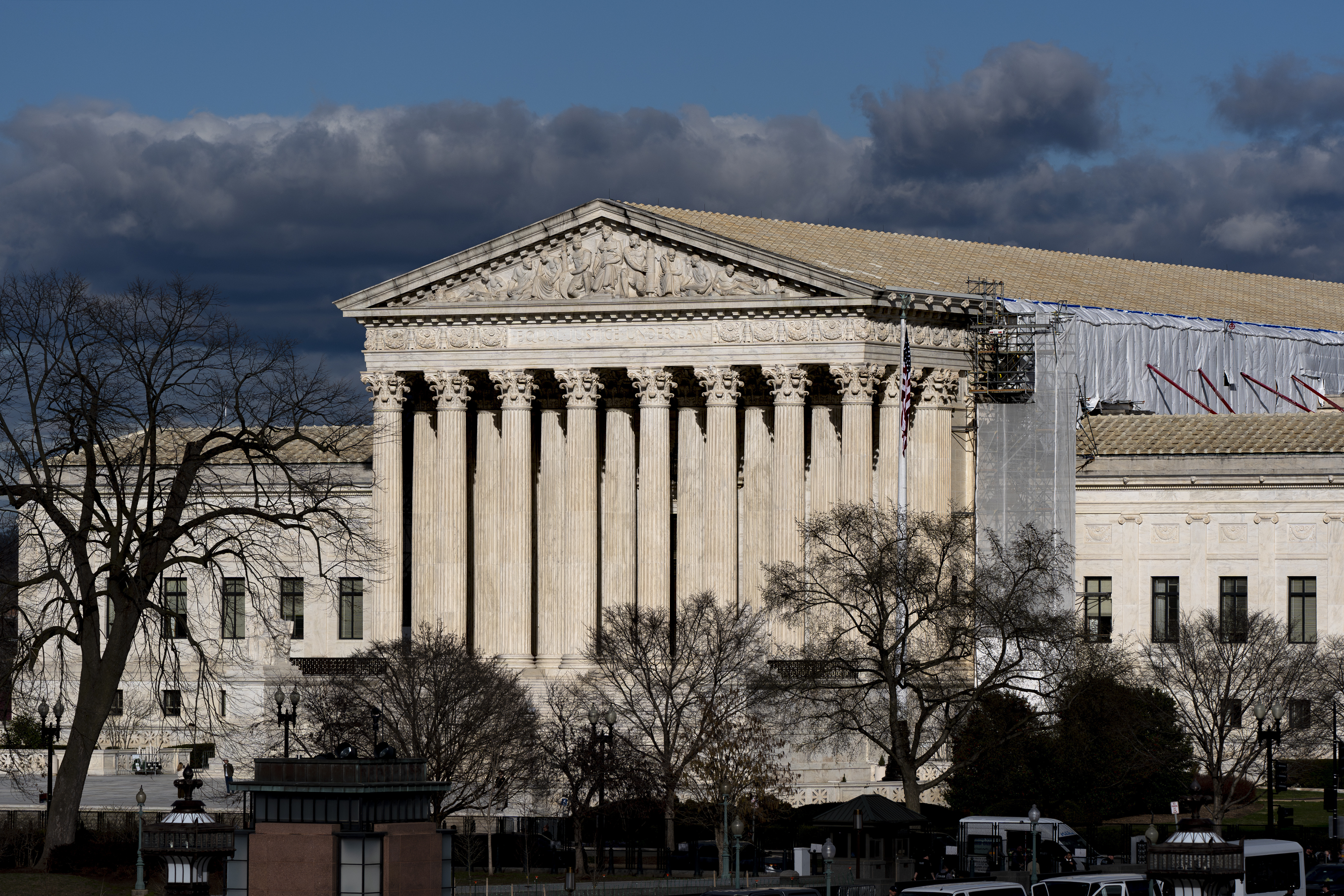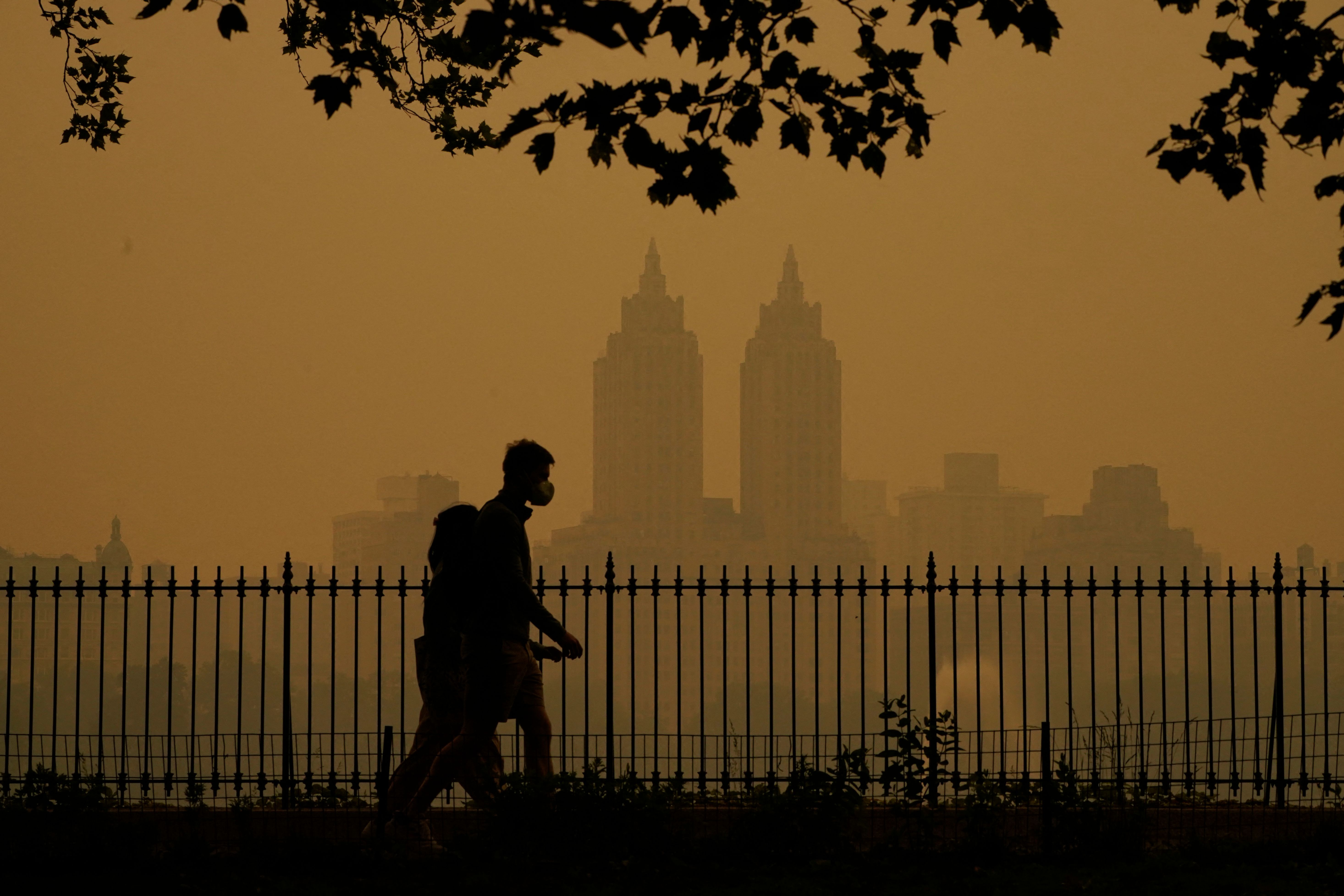Polls showing John McCain tied or even ahead of Barack Obama are stirring angst and second-guessing among some of the Democratic Party’s most experienced operatives, who worry that Obama squandered opportunities over the summer and may still be underestimating his challenges this fall.
“It’s more than an increased anxiety,” said Doug Schoen, who worked as one of Bill Clinton’s lead pollsters during his 1996 re-election and has worked for both Democrats and independents in recent years. “It’s a palpable frustration. Deep-seated unease in the sense that the message has gotten away from them.”
Joe Trippi, a consultant behind Howard Dean’s flash-in-the-pan presidential campaign in 2004 and John Edwards’s race in 2008, said the Obama campaign was slow to recognize how the selection of Alaska Gov. Sarah Palin as McCain’s running mate would change the dynamic of the race.
“They were set up to run ‘experience versus change,’ what they had run [against Hillary] Clinton,” Trippi said. “And I think Palin clearly moved that to be change or reform, versus change. They are adjusting to that and that threw them off balance a little bit.”
A major Democratic fund-raiser described it a good bit more starkly after digesting the polls of recent days: “I’m so depressed. It’s happening again. It’s a nightmare.”Adding to Democratic restlessness, McCain has largely neutralized some issue advantages that have long favored Democrats.
This week’s USA Today/Gallup poll reported a split on which candidate “can better handle the economy”; 48 percent chose Obama while 45 percent said McCain. In late August, Obama had a 16-point edge on the issue.
Also this week, an ABC News/Washington Post poll reported that when voters are asked “who can bring about needed change to Washington,” McCain still trails Obama by 12 points. But in June, McCain trailed by 32 points.
U.S. & World
That shift in the public’s perception of the issues, in Democratic pollster Celinda Lake’s words, “tremendously concerns me.”
Lake joined other Democratic veterans, some speaking not for attribution, in emphasizing a classic liberal woe: that the Democrat let the Republican define him.
“Obama needed to define himself,” Lake said. “I do think that during the Democratic convention we should have done a better job of defining McCain.”
Steve Rosenthal, a veteran field organizer for Democrats and organized labor, said that some entrenched Democratic vulnerabilities never receded this year. And in his view, Palin has reawakened those liberal weaknesses.
“For some white working class voters who don’t want to vote for Barack Obama but weren’t sure about McCain, Palin gave them a good reason to take another look and consider supporting McCain,” Rosenthal continued.
“On the one hand, it could be a temporary reshuffling of the deck,” he added. “And on the other hand, it underscores the deep seated problems we have in this race with race, class and culture.
“In some ways, you play the cards you’re dealt,” Rosenthal continued. “There is a good amount of time left for Obama to make ‘the connect.’”
Asked if partisans in his state are worried, New Jersey Democratic chairman Joseph Cryan responded: “Absolutely, absolutely. It’s a ‘sit up straight and listen’ kind of thing.’”
While Obama’s campaign is “a little bit off balance,” Cryan added, “that’s okay. Campaigns ebb and flow."
Like Rosenthal and Cryan, most of the Democrats interviewed for this article both on- and off-the-record expressed confidence that the landscape this year tilts in favor of a Democratic victory and that Obama has plenty of time to again take command of the race. Many predicted that any bounce in polls caused by Palin’s selection could be followed by a plunge as her record and qualifications continue to be scrutinized.
Still, a wide range of conversations with Democrats yielded several reasons to doubt that Obama is quite the political natural—or the November shoo-in--that some of his most ardent supporters believed.
Among the problems:
Obama’s Summer Doldrums: After his months of exhausting trench warfare with Clinton ended in June, Obama faced a delicious opportunity--to further define himself to the American public and hone a transcendent message in advance of the August Democratic convention.
Yes, McCain’s campaign had enjoyed months of free kicks at the Democrats after the GOP primary race ended and the Obama/Clinton steel cage match continued. But most of those months were spent with the McCain camp in severe disarray, both on message – Phil Gramm’s “mental recession” comes to mind – and in campaign tactics, such the infamous green backdrop at his June 3 speech in a New Orleans suburb.
Yet the latest polls – and the seeming ability of Palin to instantly transform this race – would seem to indicate that voters got no overarching message from the Obama campaign other than he is a gifted, even inspirational political performer who aspires to change the country. The economic message Obama is now scrambling to hammer home was either absent or mixed in with a variety of other topics.
The thing voters likely remember most from the period is Obama’s July trip to Europe – a trip that prompted the McCain campaign’s focus on the issue of elitism and celebrity and which some campaign officials now privately acknowledge was a mistake.
Did the Obama team spend this period quietly building up formidable ground operations in all 50 states? Possibly—and no one could question the fund-raising prowess that makes this 50-state strategy possible. But as the campaign frantically tries to combat Hurricane Sarah with a meat-and-potatoes economic message and an effort to identify McCain and Palin with an unpopular president, its seems logical to conclude that their chance of success would be greater if that thematic strategy had begun months earlier.
There are also some doubters, by the way, about whether it is wise to be trying to expand the national playing field as broadly as Obama is seeking to—as opposed to putting chips on a select number of undoubted swing states.
“Their 50-state strategy is insanity,” said Schoen. “If they don’t use their financial advantage where they need it most,” he added, citing states from Ohio to Nevada, “and put every thing there and blow it out, they are at deep risk of losing.”



